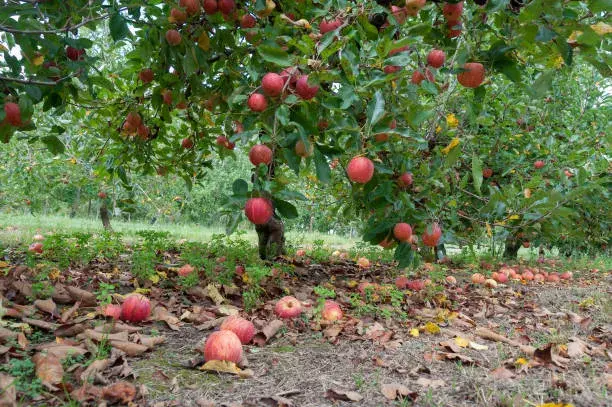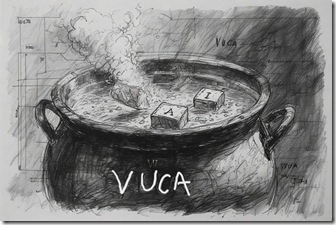Shiva is a Product Leader and leading a solution development team which is in the Automotive Technology domain. As a product leader he is sitting on huge pile of backlog of features which has been built up over sometime working with customers and internal stakeholders. He is having regular discussions with the team on prioritization of work. At the end of every meeting, he comes out with a feeling that the team is settling down with easy to implement features and hesitate to taken on complex ones. After few sprints, he is becoming overly concerned about the team’s approach.
Do you think Shiva’s concern is valid? Is there anything wrong in the team able to clear the backlog items even though they may appear easy to do? Is there something deeper that is bothering Shiva?
Agile teams are typically fixed in capacity and they develop features in Sprints. These features can be available in a backlog managed by the product manager or owner. One of the key activity teams have to do is to pull items from the backlog and implement the same. Less mature teams often end of up pulling easy to implement items and are driven only by a false velocity metric. Prioritization mechanism is ad-hoc and does not necessarily capture the customer value or time criticality aspect. This only leads to ‘Low-Hanging fruits’ and not necessarily value.
Mature teams have efficient ways of managing this and use a robust prioritization mechanism to pull items. Ideally prioritization should include several criteria like Customer Value, Time Criticality, Opportunity Enablement for the Future and not just ease of implementation. The above factors lead to ‘Meaningful Wins’.
Shiva’s concerns can turn out to be serious when the teams are postponing some difficult items or ignoring time criticality which will have an adverse impact in the future sprints. One suggestion to Shiva and team is to use a robust prioritization mechanism that takes into account several factors. One such mechanism could Weighted Shortest Job First (WSJF). So, the teams can use a combination of Low-hanging fruits and Meaningful Wins!





One Response
I have also seen this anti-pattern adopted by teams that tend to operate more in their comfort zones.
Another option that Shiva could try is to explain that taking up riskier or more complex items earlier would give the team more time to resolve any issues that may come up or mitigate some risks..
These could be technology or functionality related [non functional or functional]
By doing this a few times, the teams are likely to get more confident of taking up unfamiliar challenges also
Re the point on velocity, the team could also look at tracking the delivered value in terms of outcomes, though that would be a lagging indicator